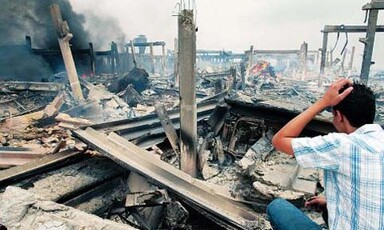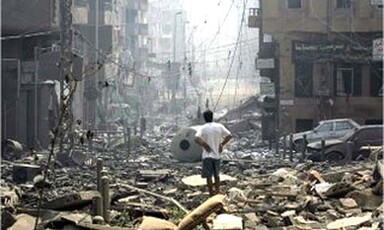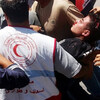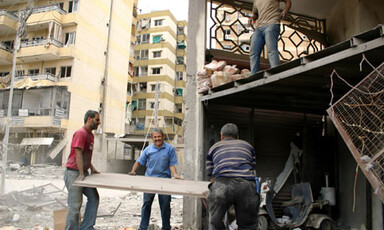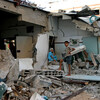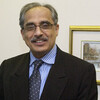
UN Middle East envoy calls for united effort to defuse 'deep regional crisis'
21 July 2006
Regretting that his meetings with leaders in Lebanon and Israel found “serious obstacles” to a comprehensive ceasefire in the violence-racked region, a top United Nations envoy today called on the Security Council to unite in the coming days to dramatically reduce the devastating toll on civilians, and to quickly develop the framework for a political solution. “The Secretary-General and the Secretariat are working on the political, peacekeeping and humanitarian fronts to respond to this deep regional crisis,” said Vijay Nambiar. Read more about UN Middle East envoy calls for united effort to defuse 'deep regional crisis'
